Medically Reviewed by Dr. Lisa Hartford, MD
For too long, women have been told that the path to youthful skin lies in accumulation. More steps, more serums, more creams. The vanity crowded with overlapping products became a badge of honor, proof of discipline and sophistication. Yet as women age, the biological truth of their skin tells a different story. Skin that has weathered decades of sun exposure, hormonal shifts, oxidative stress, and cumulative damage does not benefit from being overloaded. Instead, it craves a more intelligent, focused, and compassionate approach. In 2025, this approach has a name: Skinimalism.
Skinimalism is the art of doing less but achieving more. It is the recognition that skin does not need fifteen products to thrive, but rather a few carefully chosen interventions that work in harmony. For mature women, it is not a passing trend but a lifeline, one grounded in science and supported by a growing body of dermatological evidence. Over-layering potent actives like retinoids and exfoliating acids often causes barrier damage and inflammation, accelerating the very aging it seeks to prevent. Stripping a routine back to essentials, by contrast, improves adherence, minimizes irritation, and yields results that last.
To appreciate why Skinimalism resonates so deeply with older women, it helps to look at the biology of aging skin. Collagen, the structural protein that keeps skin firm and plump, declines steadily from the late twenties but accelerates sharply after menopause. Fibroblasts, the cells responsible for producing collagen and elastin, become less active with age. Glycosaminoglycans, molecules that hold water and maintain suppleness, diminish. At the same time, lipid production decreases, leaving the barrier compromised and prone to transepidermal water loss. DNA repair mechanisms weaken, meaning cumulative ultraviolet exposure and environmental damage leave a deeper mark. This is why fine lines deepen, sagging becomes visible, and dryness turns chronic.
For decades, women were told to fight these changes by adding more: a retinoid, an acid, an antioxidant, a peptide, a brightening agent, each layered on top of the other in hopes of turning back the clock. But dermatologists have increasingly warned that the older the skin, the less it tolerates excess. Sensitive, thinning skin does not need ten products; it needs the right three. This is where Skinimalism emerges not just as a cultural shift but as a scientific necessity.
The cultural appetite for simplicity has only accelerated its adoption. After years of marketing routines that required both financial and emotional labor, women began to question whether the chase for “more” was serving them. Beauty media outlets like Allure and Vogue have named Skinimalism as a defining trend of 2025, while search data shows exponential growth in interest worldwide. For older women in particular, it is liberating. Instead of overwhelming themselves with complicated layering, they can embrace a model of care that is precise, effective, and respectful of their skin’s unique stage in life.
At the heart of Skinimalism are three essential needs: renewal, barrier support, and defense. These form the backbone of a strategy that is biologically sound and emotionally sustainable. Renewal is necessary because mature skin’s natural turnover has slowed, leading to dullness, fine lines, and laxity. Traditionally, women might turn to retinoids or exfoliants, but in a minimalist framework, the goal is one or two high-impact interventions rather than a dozen. This is where at-home professional technologies change the game. The EvenSkyn Lumo+, for example, uses radio frequency energy to deliver controlled dermal heating, activating fibroblasts and stimulating new collagen production. What once required a drawer of firming creams and serums can now be achieved through a few weekly sessions with a device designed to mirror clinical treatments. Alongside it, the EvenSkyn Phoenix microcurrent bar provides gentle stimulation that enhances circulation and promotes lifting, offering another way to support renewal without overcomplicating a routine.
Barrier repair is equally critical. As ceramides, fatty acids, and hyaluronic acid decline with age, skin loses its ability to hold moisture and becomes vulnerable to irritation. Instead of layering multiple hydrating serums, brighteners, and peptides, women can now turn to innovations that deliver everything in one targeted treatment. The newly released EvenSkyn Micro-Infusion Patches embody the essence of Skinimalism. Through painless micro-channels, they infuse hyaluronic acid, peptides, and brightening actives directly into the epidermis, bypassing the inefficiency of surface-only products. In a single step, they provide the equivalent of three or more serums, leaving skin smoother, plumper, and visibly refreshed overnight. For mature skin that cannot handle clutter, this is the epitome of less but better.
Defense is the final pillar, and it is non-negotiable. Ultraviolet exposure remains the number one cause of premature aging, and daily SPF is essential at every age. But in the spirit of Skinimalism, even sunscreen is evolving. Newer formulations do more than block UV rays; they combine antioxidants, DNA repair enzymes, and pollution shields, cutting down the need for multiple additional products. To this foundation, light-based repair technologies offer a further layer of defense. The EvenSkyn Mirage LED Mask delivers red and near-infrared light that penetrates deep into the skin, enhancing mitochondrial activity, reducing oxidative stress, and accelerating repair. Ten minutes under the mask provides the reparative benefits that once required multiple antioxidant serums and creams, simplifying protection into one science-backed ritual.
When put into practice, a Skinimalist routine for a woman in her fifties or sixties is refreshingly simple. In the morning, she cleanses gently, applies an EvenSkyn Micro-Infusion Patch under her eyes or along her smile lines, and finishes with a multifunctional sunscreen that hydrates, protects, and repairs. At night, she cleanses again, uses the EvenSkyn Lumo+ two or three times a week to stimulate collagen, complements it with the Phoenix microcurrent bar for lifting, and closes with a nourishing barrier cream. On select evenings, she spends ten quiet minutes under the Mirage LED Mask, letting red light guide her skin back to resilience. Instead of an exhausting list of steps, her routine is pared back, elegant, and sustainable, yet more powerful than the sprawling regimens of the past.
The genius of Skinimalism is that it is not about doing less for the sake of less, but about choosing interventions that accomplish more in fewer steps. It is about recognizing that aging gracefully does not mean fighting skin into submission, but supporting it intelligently. For older women, this philosophy offers freedom: freedom from cluttered vanities, from irritation, from the pressure to keep up with endless new product launches. And with companies like EvenSkyn leading the way, it offers freedom to access professional-grade results at home through devices and patches that embody efficiency without compromise.
The future of anti-aging is not in accumulating more bottles, but in investing in smarter science. Skinimalism proves that mature skin does not need to be overwhelmed to be radiant; it needs to be understood. Less, in this case, is wisdom. Less is power. And with the right tools, less might just be the most effective anti-aging strategy of all.
References
Allure, “Skin Care Trends 2025: What Dermatologists Say Will Matter”
Vogue, “Why Skinimalism Is the Beauty Trend That’s Here to Stay”
Exploding Topics, “Beauty Trends 2025”
Who What Wear, “The Buzziest Skincare Ingredients for Fall 2025”
Journal of Clinical and Aesthetic Dermatology, “The Role of Radiofrequency in Noninvasive Skin Tightening”
Dermatologic Therapy, “The Effects of Menopause on Skin Aging and Repair”
PubMed, “Efficacy of Red and Near-Infrared Light on Collagen Stimulation”
Meet Glimpse, “Exosome Serum as a Trending Skincare Technology”

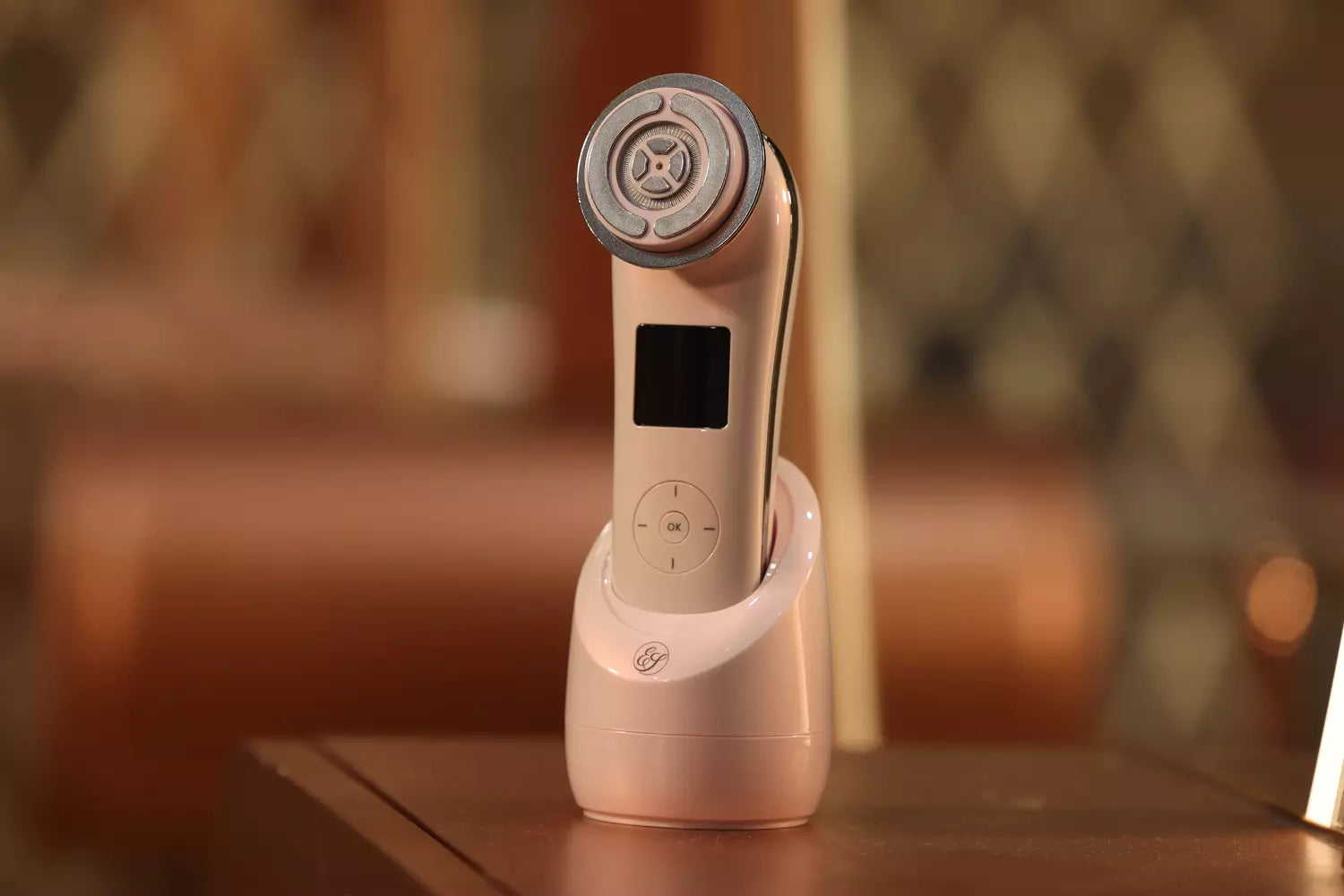
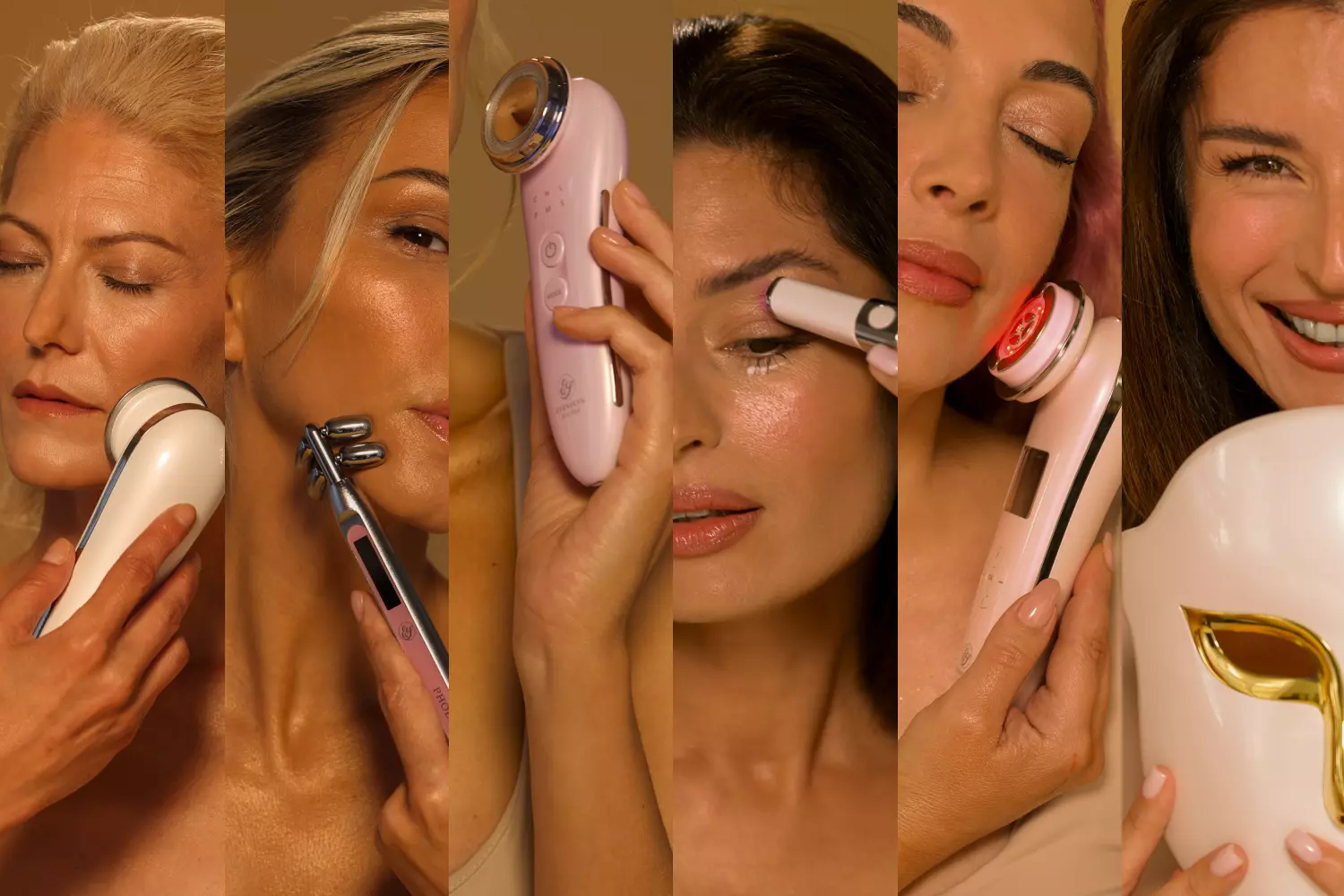
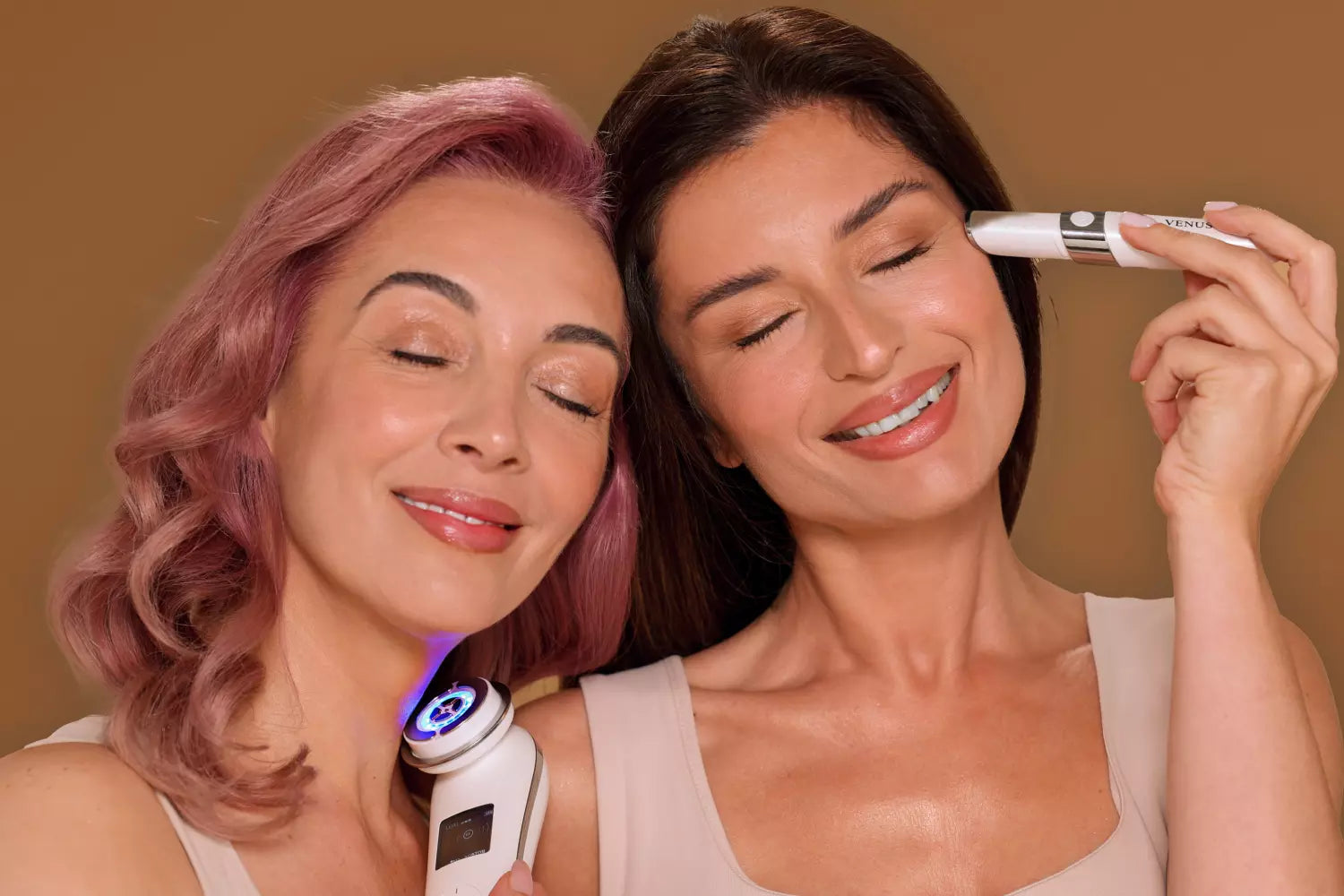
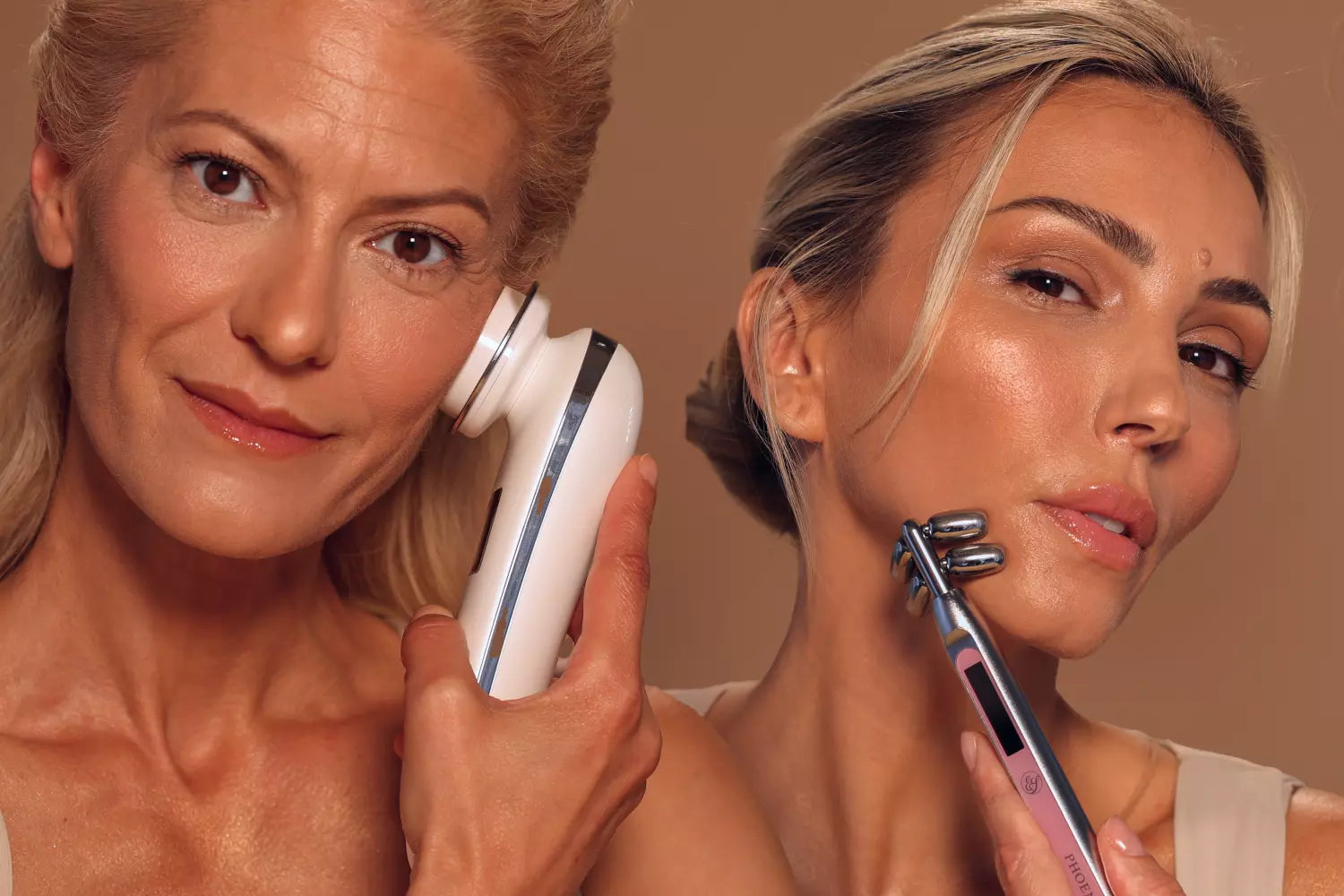
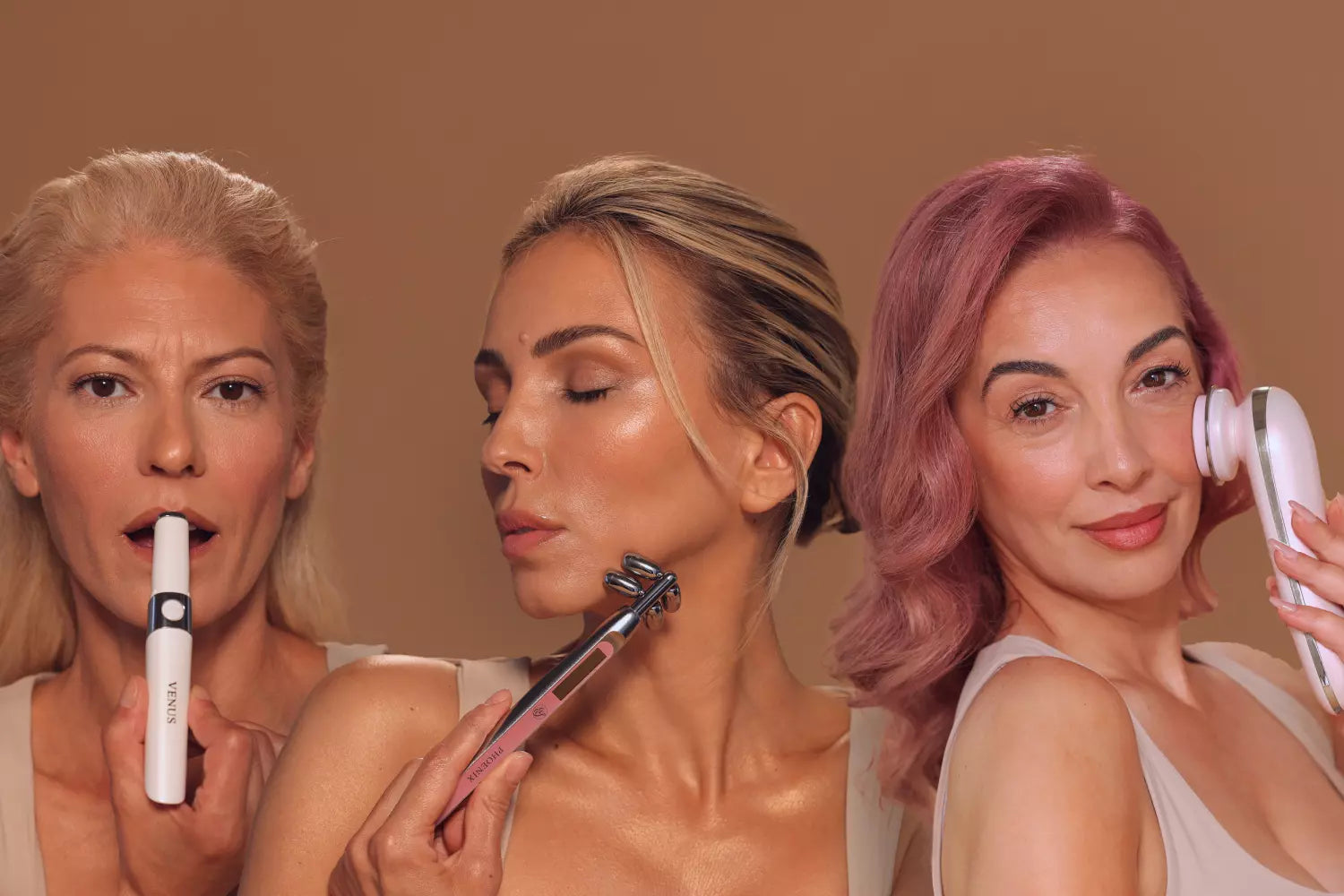
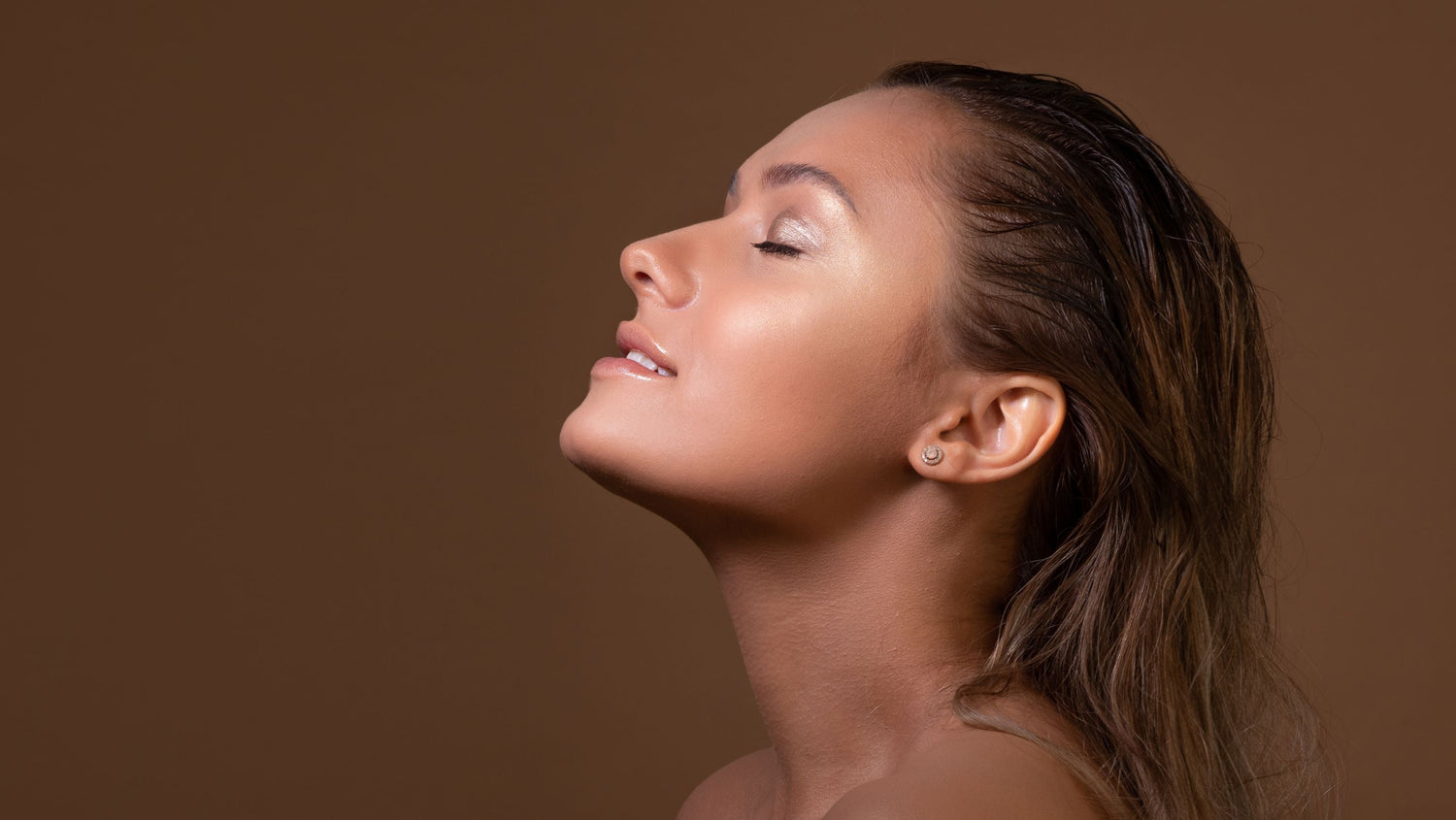

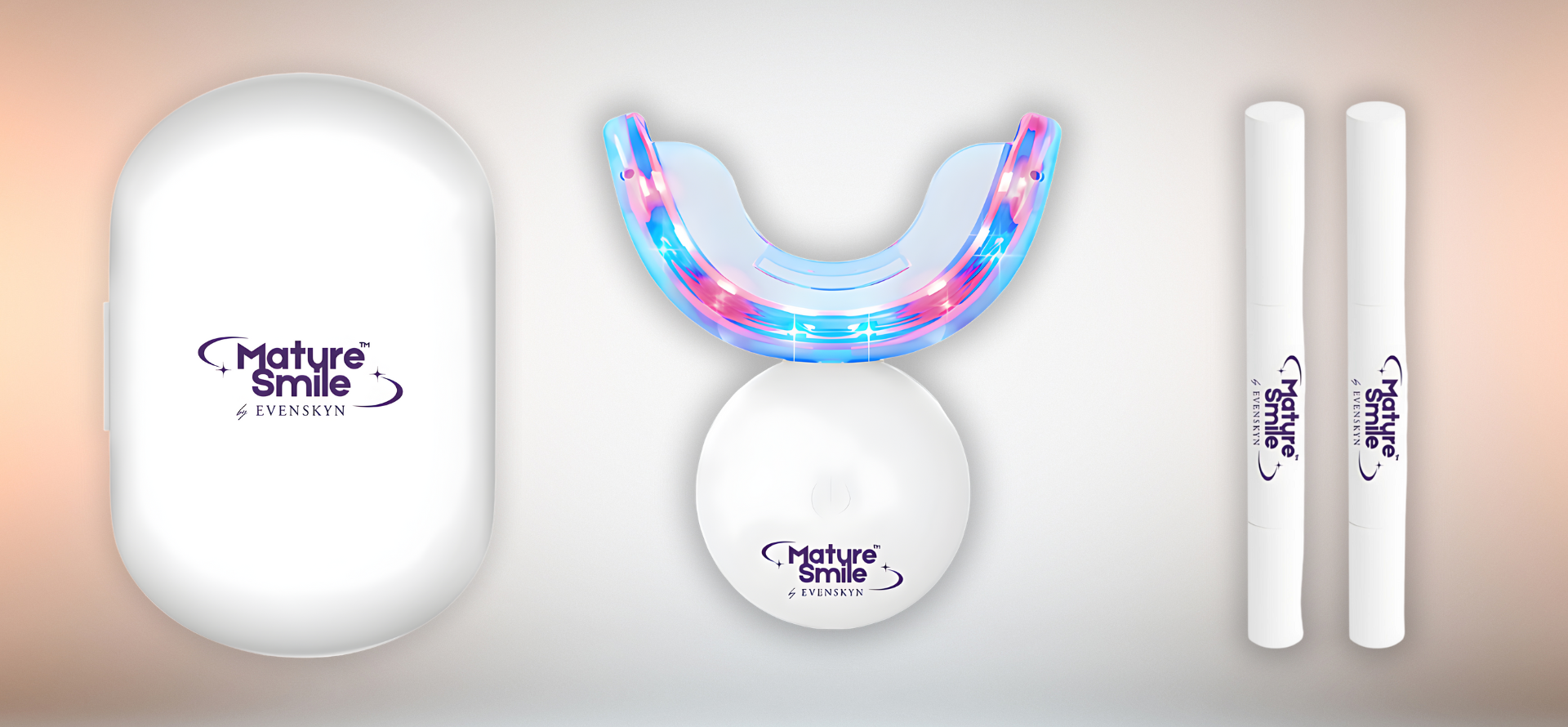
Leave a comment
All comments are moderated before being published.
This site is protected by hCaptcha and the hCaptcha Privacy Policy and Terms of Service apply.